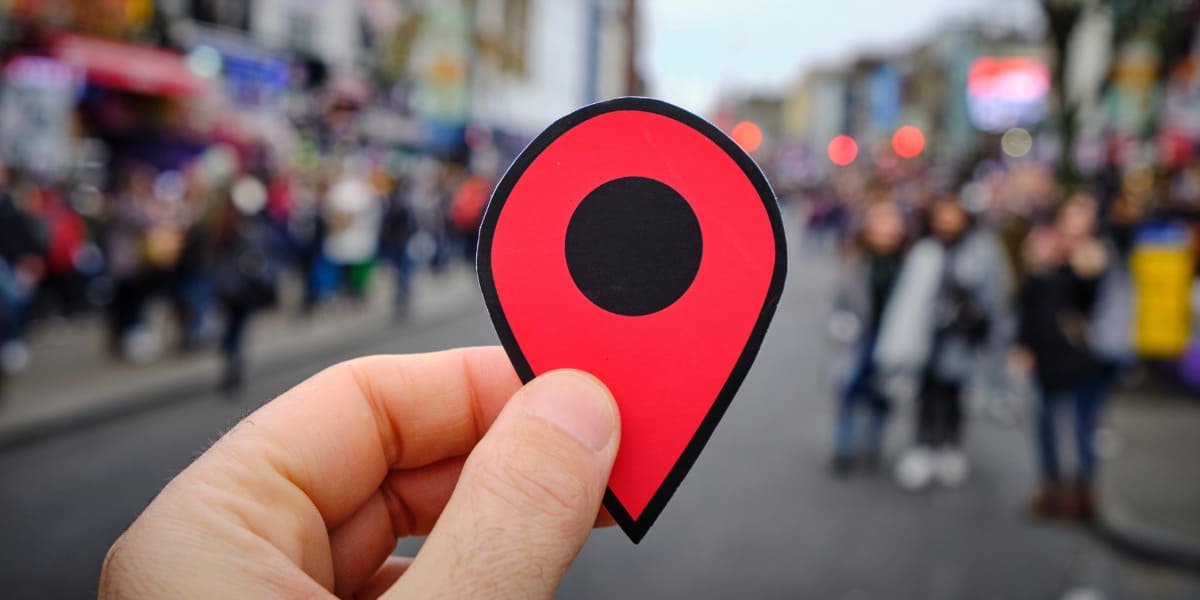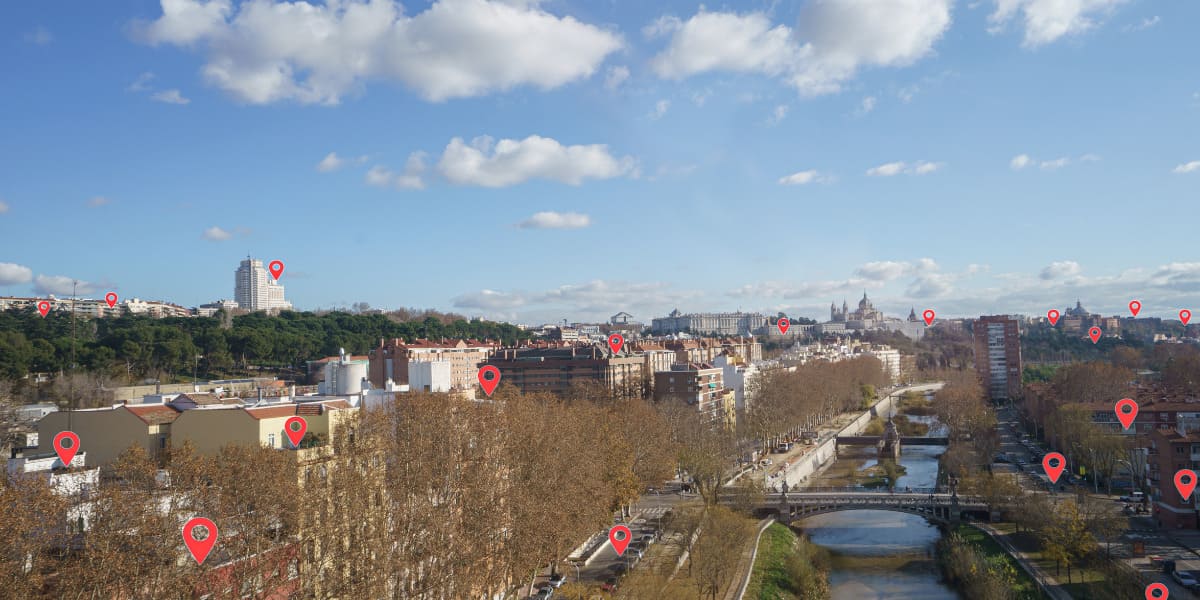
Tracking location
In today’s digital age, location tracking or geolocation has become an essential aspect of many web applications and services. Whether it is to find nearby restaurants or track the location of a package, location tracking is used in various ways to provide users with relevant and personalized information. In this article, we will explore the concept of location tracking, its benefits, and some of the technologies used for implementing geolocation.
What is Geolocation?
The process of determining the location of an object or person using various techniques such as GPS (Global Positioning System), Wi-Fi triangulation, and cellular tower triangulation is known as geolocation. Geolocation data can be used to give users with location-based services like instructions, local weather, nearby attractions, and targeted advertising.

Benefits of Geolocation
Geolocation enables web apps to provide users with a tailored experience based on their location. A restaurant suggestion website, for example, may use geolocation to suggest local restaurants depending on the user’s present location.
Improved marketing: Geolocation data can be used to target advertisements. Advertisers can display relevant adverts for local companies by knowing a user’s location, which can lead to increased conversion rates.
Enhanced security: Geolocation can be used to locate misplaced or stolen gadgets. It can also help in emergency scenarios, such as finding a missing person or delivering aid to a disaster-stricken area.
Improved logistics: By tracking the location of cargo and vehicles, geolocation can aid in logistics management. This can aid in the optimization of delivery routes, the reduction of delivery times, and the improvement of customer happiness.
Technologies Used for Geolocation
GPS: The Global Positioning System (GPS) is a satellite-based navigation system that gives location and timing information everywhere on or near the Earth. It is utilized in a variety of applications, including navigation, surveying, and geocaching.
Wi-Fi Triangulation: Wi-Fi triangulation estimates a device’s position based on the signal strength of Wi-Fi access points. The device’s position can be identified with reasonable accuracy by comparing the signal strength of adjacent access points.
Cellular Tower Triangulation: Cellular tower triangulation determines the location of a device by analyzing the signal strength of adjacent mobile towers. Although less accurate than GPS or Wi-Fi triangulation, this method can nonetheless offer position information in regions with limited GPS or Wi-Fi service.
IP Address Geolocation: IP address geolocation uses a device’s IP address to detect its location. Although less exact than other ways, this method can nonetheless offer useful location information, particularly for desktop PCs.

Challenges with Geolocation
Privacy Concerns: The tracking of one’s whereabouts creates serious privacy concerns. Many users may be concerned about their location being tracked, especially if the information is shared with third-party advertisers.
Inaccuracy: In regions with weak GPS or Wi-Fi service, geolocation can be inaccurate. Furthermore, weather, topography, and buildings can all have an impact on the accuracy of location data.
Battery Drain: Geolocation can drain a lot of battery power, especially if it is utilized constantly. This might be an issue with mobile devices that have limited battery life.
Data Usage: Geolocation necessitates the transmission of data through a network, which can consume a large amount of data. This can be an issue for customers who have limited data plans.
Advantages of Geolocation:
- Personalized user experience
- Improved marketing and targeted advertising
- Enhanced security and emergency response
- Improved logistics management
Disadvantages of Geolocation:
- Privacy concerns and potential for misuse
- Inaccuracy in areas with poor GPS or Wi-Fi coverage
- Battery drain for mobile devices
- Data usage can consume a significant amount of data

Conclusion
Geolocation is a strong technology that offers numerous advantages to both individuals and organizations. It enables web applications to provide personalized services, increase marketing, secure data, and optimize logistics. However, it poses serious privacy concerns and has the potential to be erroneous, drain battery power, and devour data.
As with any technology, it is critical to use geolocation ethically and openly, ensuring that users understand how their data is being used and that they have the choice to opt out if they so desire.
Finally, geolocation is an important component of many web applications and services, delivering significant benefits to both users and enterprises. However, it is critical to weigh the benefits against the potential negatives and to preserve users’ privacy and security.